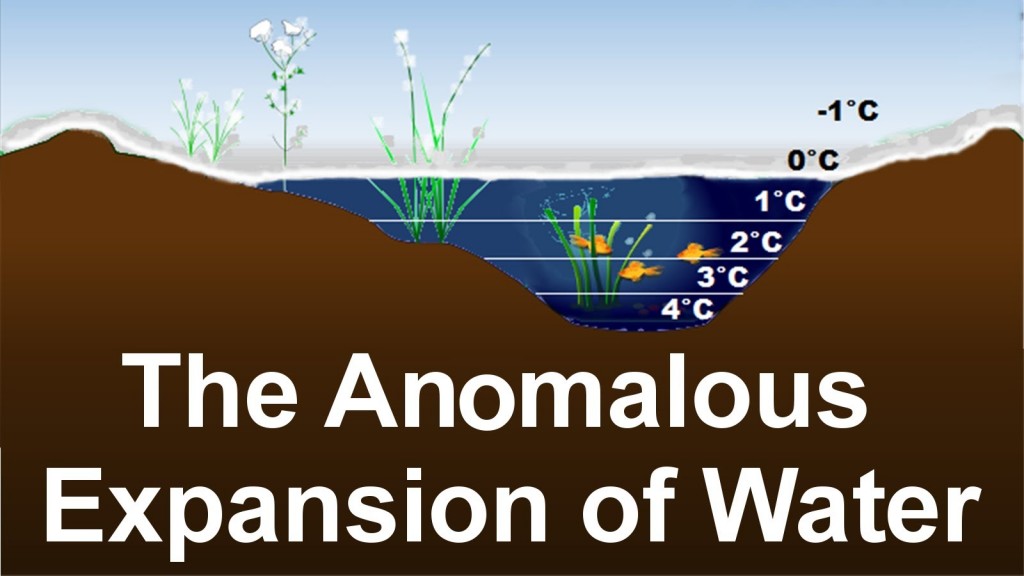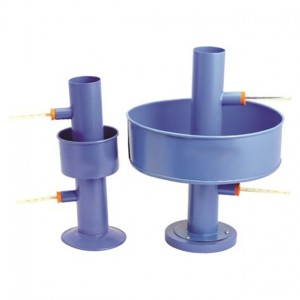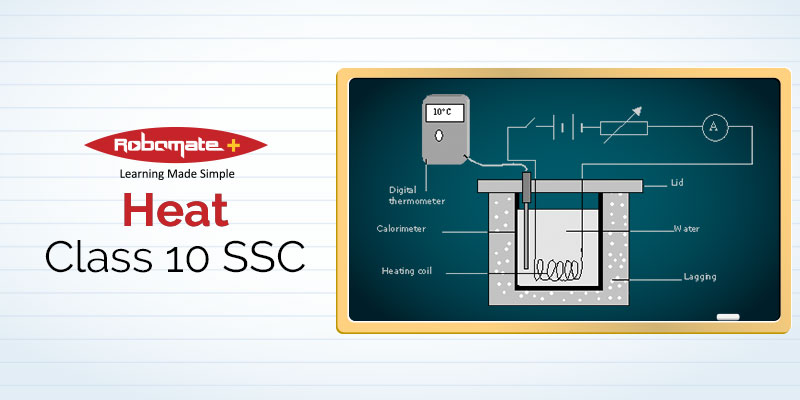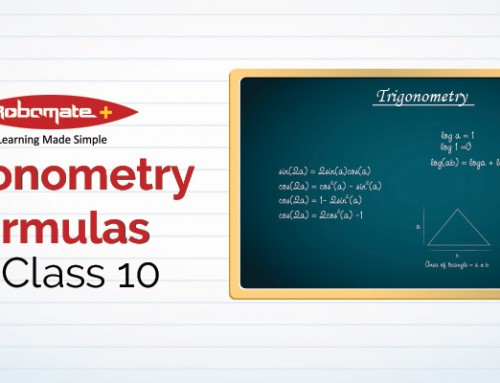Topic covered under the 10th class physics text book is Heat. To get the in-depth knowledge the students can also search for heat chapter class 10 pdf.
Heat
Heat is the transfer of kinetic energy from one medium or object to another, or from an energy source to a medium or object. Such energy transfer can occur in three ways: radiation, conduction, and convection.
Conduction
Conduction is the transfer of energy in the form of heat or electricity from one atom to another within an object by direct contact.
Convection
Convection is a type of heat transfer that can only happen in liquids and gases, because it involves those liquids or gases physically moving.
Radiation
Direct transmission of heat or electromagnetic energy through space or another medium is called Radiation.
Difference Between heat and temperature
| Heat | Temperature |
| Amount of energy in a body | Measurement of intensity in a body |
| Flows from hotter to cooler object | Rises when heated and falls when cooled |
| Unit is Jules | Unit is Kelvin |
| Device used to measure: Calorimeter | Device used to measure: Thermometer |
| Symbol: Q | Symbol: T |
| Total kinetic and potential energy contained by molecules in an object | Average kinetic energy of molecules in a substance |
Latent Heat
Latent heat is the heat energy per mass unit required for a phase change to occur.
Regelation
Regelation is the phenomenon of melting under pressure and freezing again when the pressure is reduced.
Anomalous Behaviour of Water

The volume of substances increases on heating and decreases in cooling; but when water is heated from 0 degree Celsius to 4 degree Celsius, its volume decreases and increases only after 4 degree Celsius. This unusual behaviour of water from 0 degree Celsius to 4 degree Celsius is known as anomalous expansion of water.
Hope’s Apparatus
Hope’s apparatus is designed to show that water has a maximum density at 4°C.














